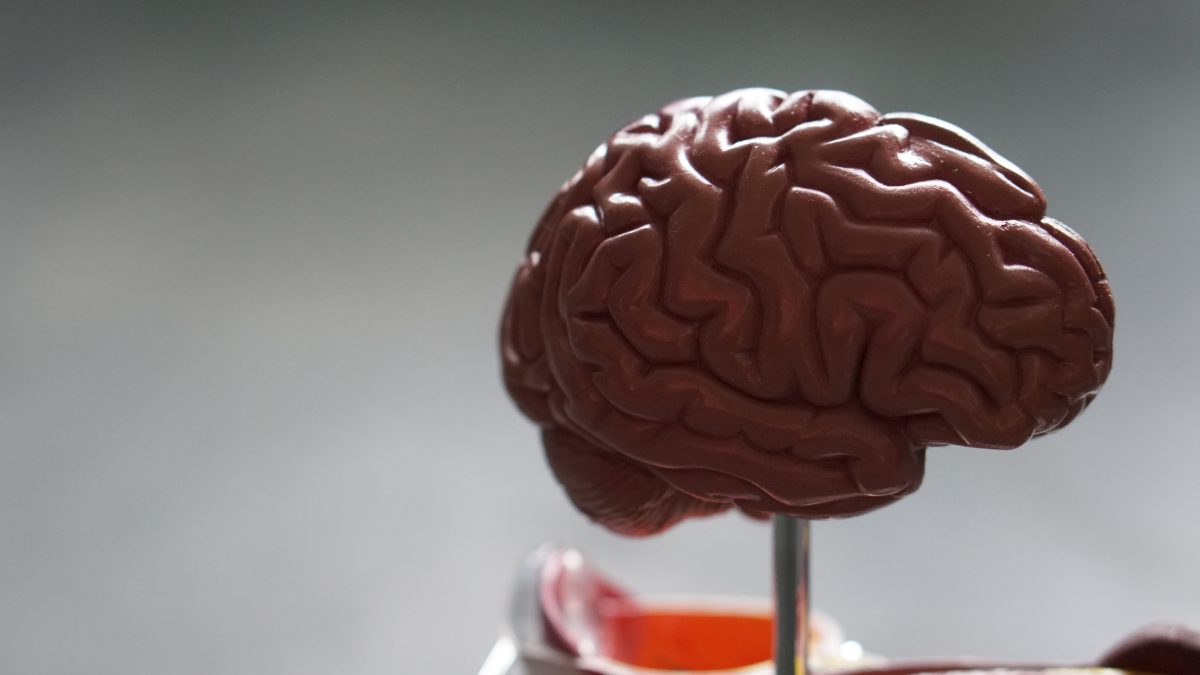Type or amount doesn’t matter, finds a study
According to a new study, drinking alcohol at any level is not safe. Poor brain health is connected to increased consumption of alcohol.
A team from the University of Oxford investigated the connection between alcohol consumption and brain scans in an unpublished observational study of some 25,000 people in the UK. They examined the link between alcohol consumption as self-reported and their brain images.
Anya Topiwala, an Oxford senior clinical researcher, said drinking affected the brain’s grey matter, which processes information ‘important bits.’
Amount of alcohol
According to the study, alcohol consumption is linked to poorer brain health, and there is no “safe” level of drinking.
Drinking more negatively affected the volume of grey matter in people’s brains, according to Topiwala.
She said that smaller brain volume is associated with poorer memory performance, and brain volume deteriorates with age and cognitive impairment.
We shouldn’t forget that alcohol is one of the main modifiable risk factors for dementia, even though it only accounts for a small proportion of all risk factors. Ageing is an example of a non-modifiable risk factor.
Senior clinical researcher Anya Topiwala of Oxford University said drinking affected the brain’s grey matter, which comprises crucial bits where information is processed.
Drinking reduces grey matter volume, the more people drank,” Topiwala said via email.
She said that smaller brain volume predicts worse performance on memory testing and brain volume reduction with age and dementia.
‘Other modifiable risk factors accounted for only 0.8% of these deaths, Professor Woodward said, but alcohol played a bigger role. Ageing is ‘something you can’t do anything about,’ she said.’
Suzanna Colson, associate professor of epidemiology at the University of South Carolina’s Arnold School of Public Health, said more studies are ongoing to prevent brain damage in people with neurodegenerative diseases such as dementia.

The type of alcohol doesn’t matter
The team investigated whether certain drinking patterns, beverage types and other health conditions were associated with brain health concerning alcohol consumption.
The investigators discovered that consuming any amount of alcohol was more harmful than not drinking at all. Furthermore, they found that the kind of alcohol – such as wine, liquor, or beer – did not alter the impact of brain damage.
Researchers said that certain traits, such as high blood pressure, obesity, or binge drinking, might increase the danger.
According to Topiwala, ‘so many people drink moderately, and think either that it is harmless or even protective.’
‘Neurodegenerative diseases such as dementia remain incurable,’ she said. ‘Thus, preventing brain damage is critical for public health.’

You can have fun without alcohol
Our culture encourages alcohol consumption during social gatherings. Young people cannot imagine a get-together without drinking.
However, recovering alcoholics soon discover that fun and alcohol are not linked. In fact, drinking leads to broken careers and relationships, debilitating diseases, and shattered dreams.
Try and have fun without alcohol. You’ll discover it’s not only possible but more pleasurable!
If you or a loved one is struggling with any alcohol-related issues, call Freephone 0800 140 4044
Freephone: 0800 140 4044
Local rate: 0300 330 3040


